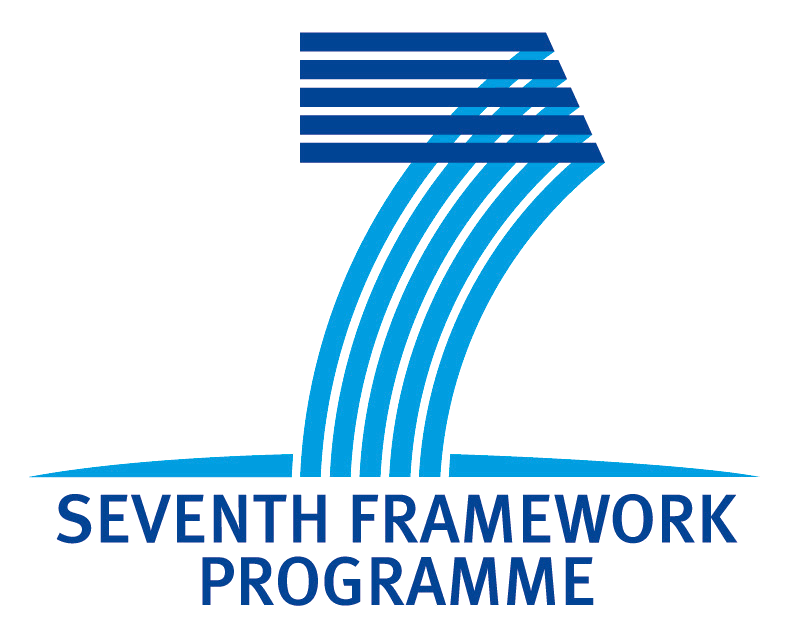Language Technology for Cultural Heritage, Social Sciences, and Humanities (LaTeCH 2012)
About the Workshop
The LaTeCH workshop series aims to provide a forum for researchers who are working on developing novel information technology for improved information access to data from the Humanities, Social Sciences, and Cultural Heritage.
Recent developments in the Humanities, Social Sciences, and Cultural Heritage draw an increasing interest from researchers in NLP in developing methods for data cleaning, semantic annotation, intelligent querying, linking, discovery and visualisation of interesting trends. Language technology has an important role to play in these processes, even for collections which are primarily non-textual, since text is the pervasive medium used for metadata. These fairly novel domains of application entail new challenges to NLP research, such as noisy text (e.g., due to OCR problems), non-standard, or archaic language varieties (e.g., historic language, dialects, mixed use of languages, ellipsis, transcription errors), the necessity to link data of diverse formats (e.g., text, database, video, speech) and languages, and the lack of available resources, such as dictionaries. Furthermore, often neither annotated domain data is available, nor the required funds to manually create it, thus forcing researchers to investigate (semi-) automatic resource development and domain adaptation approaches involving the least possible manual effort.
The workshop is a follow-up to LaTeCH 2007 held at ACL, in Prague, Czech Republic, LaTeCH 2008 at LREC, in Marrakech, Morocco, LaTeCH 2009 at EACL, in Athens, Greece, LaTeCH 2010 at ECAI, in Lisbon, Portugal, and LaTeCH 2011 at ACL/HLT, in Portland, Oregon, USA.
Workshop Topics
Authors are invited to submit long or short papers on original, unpublished work in the topic areas of the workshop, including (but not limited to) the following:
- Adapting existing NLP tools to Cultural Heritage, Social Sciences, and Humanities domains
- Automatic error detection and cleaning
- Complex annotation tools and interfaces
- Dealing with linguistic variation and non-standard or non-contemporary use of language
- Knowledge discovery and text mining from Cultural Heritage, Social Sciences, and Humanities data
- Knowledge representation in Cultural Heritage, Social Sciences, and Humanities
- Ontologies, data models, taxonomies: automatic induction and standardisation
- Sentiment analysis in Cultural Heritage, Social Sciences, and Humanities data
- Discourse and Narrative analysis in Cultural Heritage, Social Sciences, and Humanities data
- Linking and retrieving information from different sources, media, and domains
- Natural language generation for Cultural Heritage, Social Sciences, and Humanities data
- User and audience modeling, recommendation, personalisation
- Transdisciplinary research on Cultural Heritage, Social Sciences, and Humanities data
- User scenarios and use cases
For more details see: http://ilk.uvt.nl/LaTeCH2012/cfp.html
Information for authors
Authors are invited to submit papers on original, unpublished work in the topic areas of the workshop. In addition to long papers presenting completed work, we also invite short papers and system descriptions (demos):
Long papers should present completed work and may consist of up to nine (9) pages of content, and any number of additional pages containing references only.
Short papers/demos can present work in progress, or the description of a system, and may consist of up to five (5) pages of content, and any number of additional pages containing references only.
All submissions should be formatted using the EACL formatting style: http://eacl2012.org/information-for-authors/index.html
The reviewing process will be doubl-blind; the papers should not include the authors' names and affiliations, or any references to web sites, project names, etc., revealing the authors' identity. Furthermore, self-references that reveal the author's identity, should be avoided. Authors should not use anonymous citations and should not include any acknowledgments. Accepted papers will be published in the workshop proceedings.
Papers should be submitted electronically, in PDF format, via the EACL/LaTeCH 2012 submission website at: https://www.softconf.com/eacl2012/LaTeCH2012/
Important Dates
Short & long paper submission deadline: January 20, 2012
Notification of acceptance: February 17, 2012
Camera-ready papers due: March 02, 2012
LaTeCH full-day workshop: April 24, 2012
What links here
No backlinks found.


